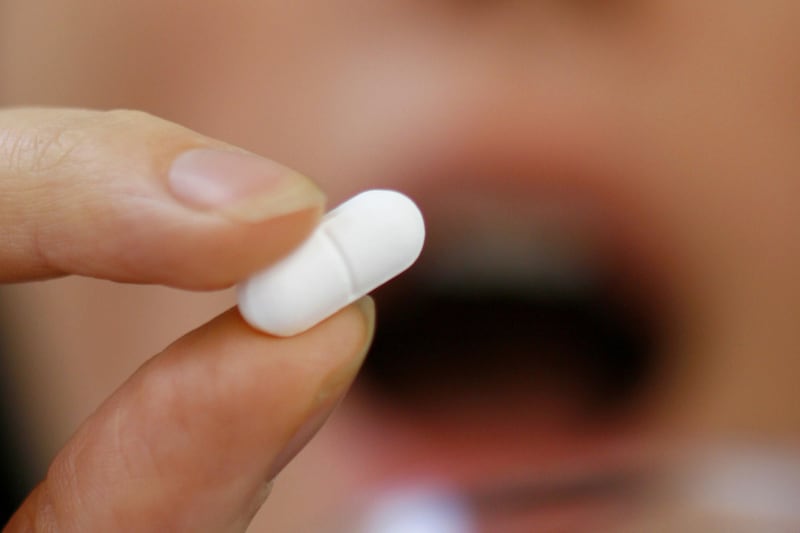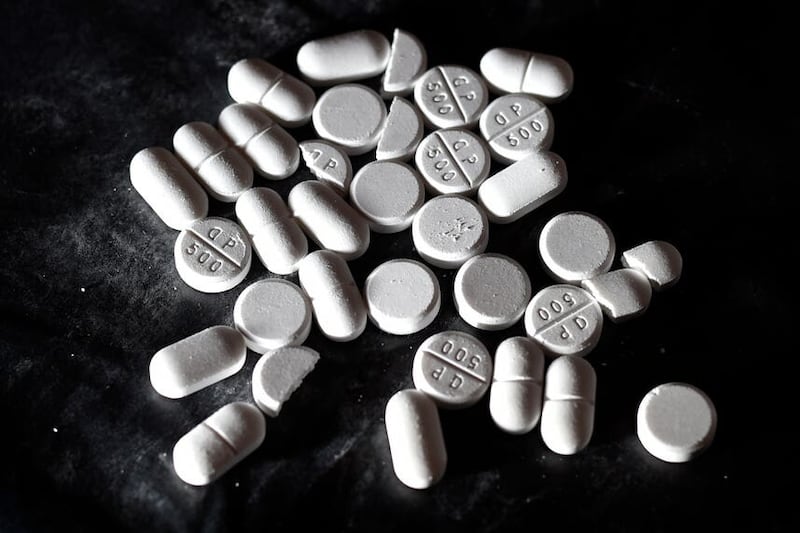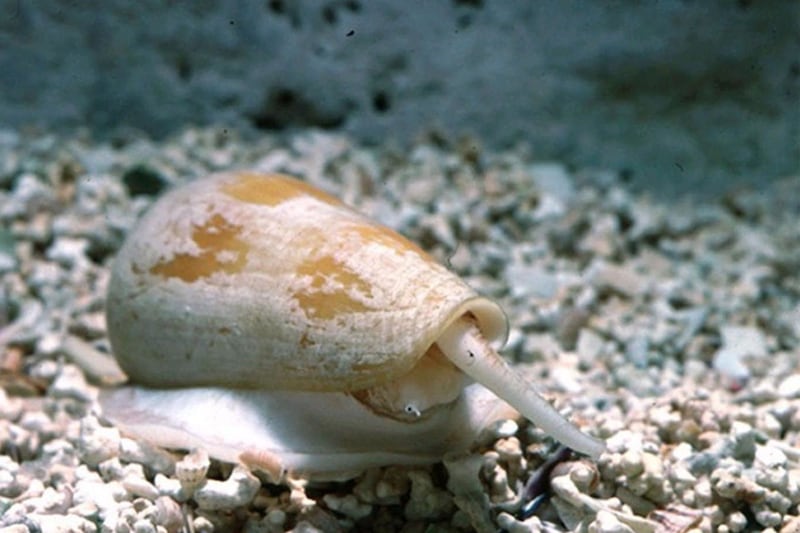HAVING a large social circle can be “better than morphine”, new research suggests.
People with large groups of friends have a higher pain tolerance, according to researchers from Oxford University.
Experts looked into endorphins – the body’s natural pain killers.
The chemical is a “potent analgesic, indeed more so than the pain-relieving opiate drug morphine,” the authors write in the journal Scientific Reports.
Katerina Johnson, a doctoral student in the University’s Department of Experimental Psychology, said: “Endorphins are part of our pain and pleasure circuitry – they’re our body’s natural painkillers and also give us feelings of pleasure.
“Previous studies have suggested that endorphins promote social bonding in both humans and other animals. One theory, known as ‘the brain opioid theory of social attachment’, is that social interactions trigger positive emotions when endorphin binds to opioid receptors in the brain. This gives us that feel-good factor that we get from seeing our friends.”
The researchers looked at 101 adults aged between 18 and 34 who were questioned on a number of aspects of their lives and also received a non-invasive, physical pain test.
This involved the participants squatting against a wall with knees at a 90 degree angle with a straight back for as long as possible.
And they found that people with larger social networks have a higher pain tolerance.
Katerina added: “These results are also interesting because recent research suggests that the endorphin system may be disrupted in psychological disorders such as depression. This may be part of the reason why depressed people often suffer from a lack of pleasure and become socially withdrawn.”
The team also found that fitter people and those who reported high stress levels were likely to have smaller social networks.
She added: “It may simply be a question of time – individuals that spend more time exercising have less time to see their friends. However, there may be a more interesting explanation – since both physical and social activities promote endorphin release, perhaps some people use exercise as an alternative means to get their ‘endorphin rush’ rather than socialising.
“The finding relating to stress may indicate that larger social networks help people to manage stress better, or it may be that stress or its causes mean people have less time for social activity, shrinking their network.”





